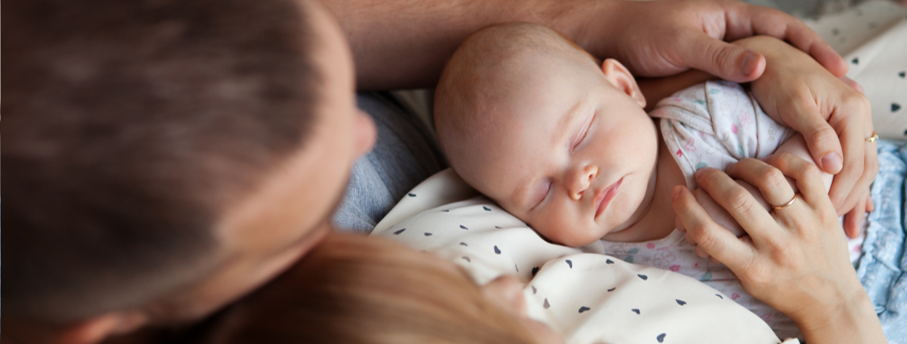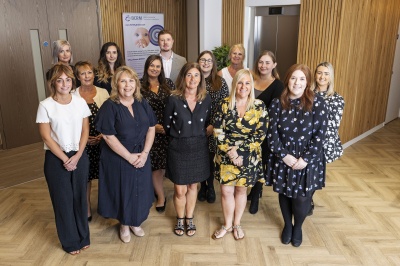Why would I need to use Donor Eggs?
It may be the best option if you have premature menopause or pre-menopausal ovarian failure, poor egg quality or where there is a high risk of passing on a serious genetic disease, or fertility that has been affected by surgery or medical treatment. If you need donor eggs for your fertility treatment we can help you.
Who can be an Egg Donor?
To donate eggs, donors need to meet the following conditions
- Age 18 to 34 years
- BMI between 19-33
- Be a non smoker or vaper
- No serious family hereditary diseases
- Undergo thorough screening and counselling

What types of Egg Donors are there?
There are three types of egg donors:
- Known donors: Donate their eggs to women they know such as family members or friends
- Altruistic donors: Donate their eggs to women they don’t know and may never meet
- Egg sharers: Donate their eggs as part of their IVF treatment to help with costs
Egg Donation and the Law
Under UK legislation, egg donors have no legal rights or duties regarding a child who has been conceived because of their donation.
Those who wish to use donor gametes will have been counselled about why they might want to inform their child. However, there is no lawful commitment to do so. This is a choice for you as their parents, and not of the medical specialists involved.
Children who are conceived from donor gametes will have the ability to find out information regarding their donor from the HFEA.
You can find out more information from the HFEA on the use of donor gametes in treatment here
Egg Donation Treatment: The Six Steps
Egg Donation treatment is a six steps programme, which starts with a consultation with our dedicated team. Below is a detailed breakdown of what’s involved.
1. Meet the Team
The first step is to talk to our dedicated egg donation team who are there to support you every step of the way.
2. Consultation
We will talk to you about your medical history, do some blood tests and perform a scan. We will also discuss with you the treatment you will have so that you understand the next steps. This is an excellent time for you to ask all the questions you may have.
3. Counselling
Our dedicated counsellors will discuss with you the implications of using a donor egg, so you can be confident in your decision.
4. Fertilising the Eggs
The donor eggs will be collected and then fertilised with your partner’s or donor sperm. These will then be cultured in our laboratory and the embryologist will monitor the development of the embryos and the best will then be frozen.
5. Monitoring
We will monitor you by using ultrasound scans to find the best time to place the embryo in your womb.
6. Embryo Transfer
The embryo will be thawed on the day of your transfer and will be at the blastocyst stage to give you the best chance of success. During the procedure, a doctor or nurse will insert a speculum into your vagina (similar to a cervical smear) and the embryo will be passed down a fine tube into the womb. This is normally a pain-free procedure.




